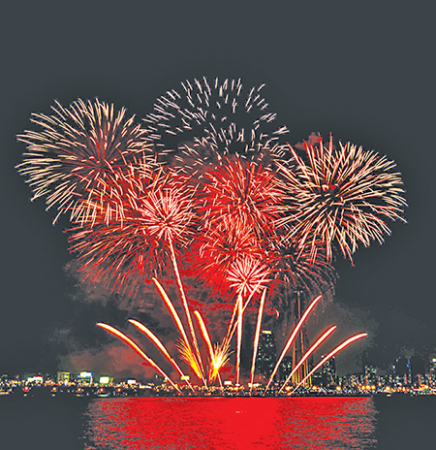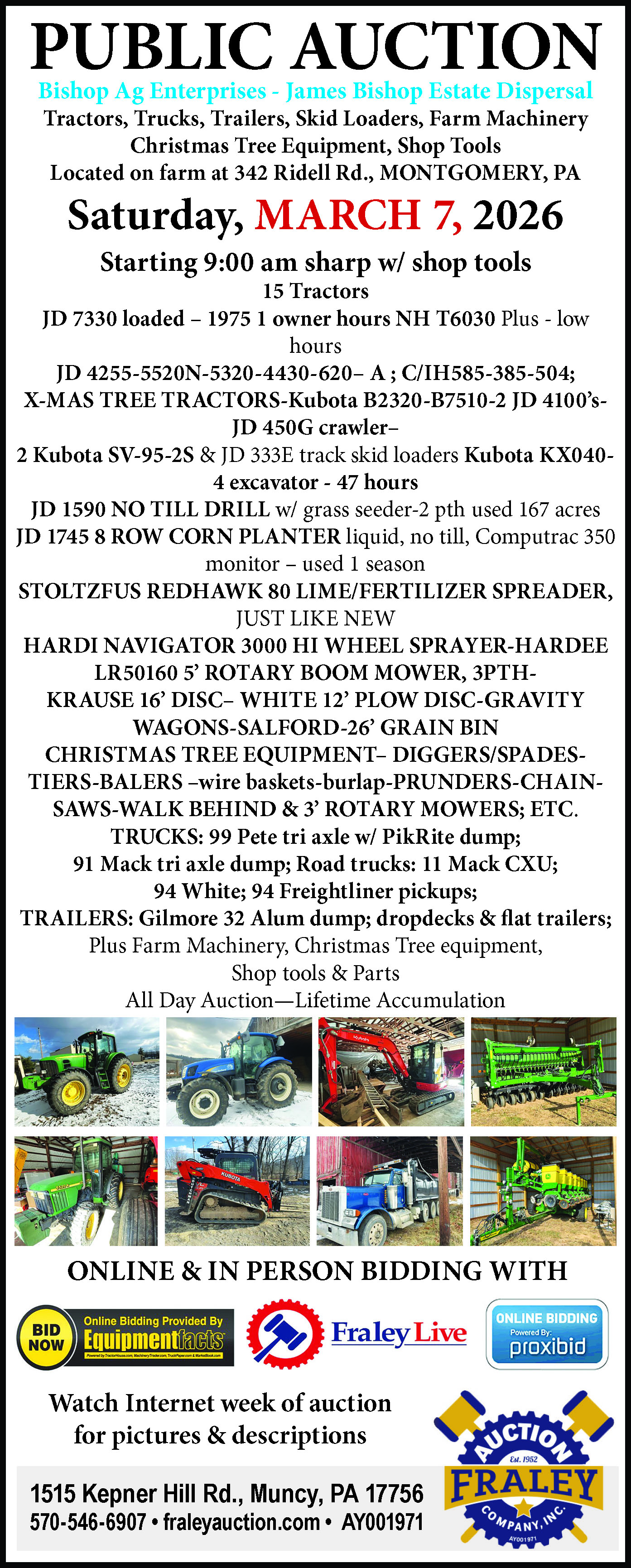Outdoor celebrations dominate social schedules each summer. Several of these celebrations coordinate with national holidays or days of national pride and are accompanied by barbecues, parades, picnics, and often fireworks.
Fireworks can add character and excitement to group events. When done well, they can be the focal point of festivities and often mark the culmination of a day of fun. The earliest record of fireworks dates back to 7th century China, believed to be the home of fireworks. Fireworks have long been a part of Chinese culture and were used to accompany many festivities. Soon the use of fireworks spread beyond China.
Today, fireworks may be part of military homecomings, large sporting events and so much more. Holidays like New Year’s Eve and the Fourth of July frequently feature fireworks displays. Fireworks tend to be most commonly used during warm-weather months, which is why fireworks safety is emphasized throughout June and July.
Each year, the National Fire Protection Association warns that thousands of people — most often children and teens — are injured while using consumer fireworks. To the novice, fireworks can be dangerous, even in ways people may not realize. Burns, fires, loss of fingers, blindness, and even death are possible. The Alliance to Stop Consumer Fireworks urges the public to avoid the personal use of fireworks and to enjoy displays conducted by trained professionals who adhere to various safety protocols.
Those who engage in personal firework use are urged to do so properly and safely. The American Pyrotechnics Association says 47 of the 50 states and the District of Columbia allow legal “consumer” fireworks. Consider the following safety tips whenever fireworks are included in the festivities.
• Ensure that fireworks are legal where you live before planning a fireworks display.
• Purchase all fireworks, which can include everything from cone fountains to sparklers, from a licensed and reputable dealer.
• Read all instructions before lighting.
• Supervise all firework activities, making sure children do not light any fireworks.
• Avoid alcohol and drug use when lighting fireworks. Both can impair judgment and create hazardous conditions.
• Have safety equipment on hand. This includes safety glasses and ear protection.
• Do not light multiple fireworks at the same time.
• Use fireworks in a clearing far away from buildings and vehicles.
• Always have a hose or bucket of water available to douse fireworks.
• Soak “dud” fireworks in a bucket of water before discarding them. Wait 20 minutes before approaching the dud.
• Don’t point fireworks at people.
• Maintain a safe distance between those observing the fireworks show and the fireworks.
• Dispose of spent fireworks safely, away from combustible materials.
Fireworks can be an enjoyable component of celebrations when used responsibly.





Leave a Comment
Your email address will not be published. Required fields are marked with *